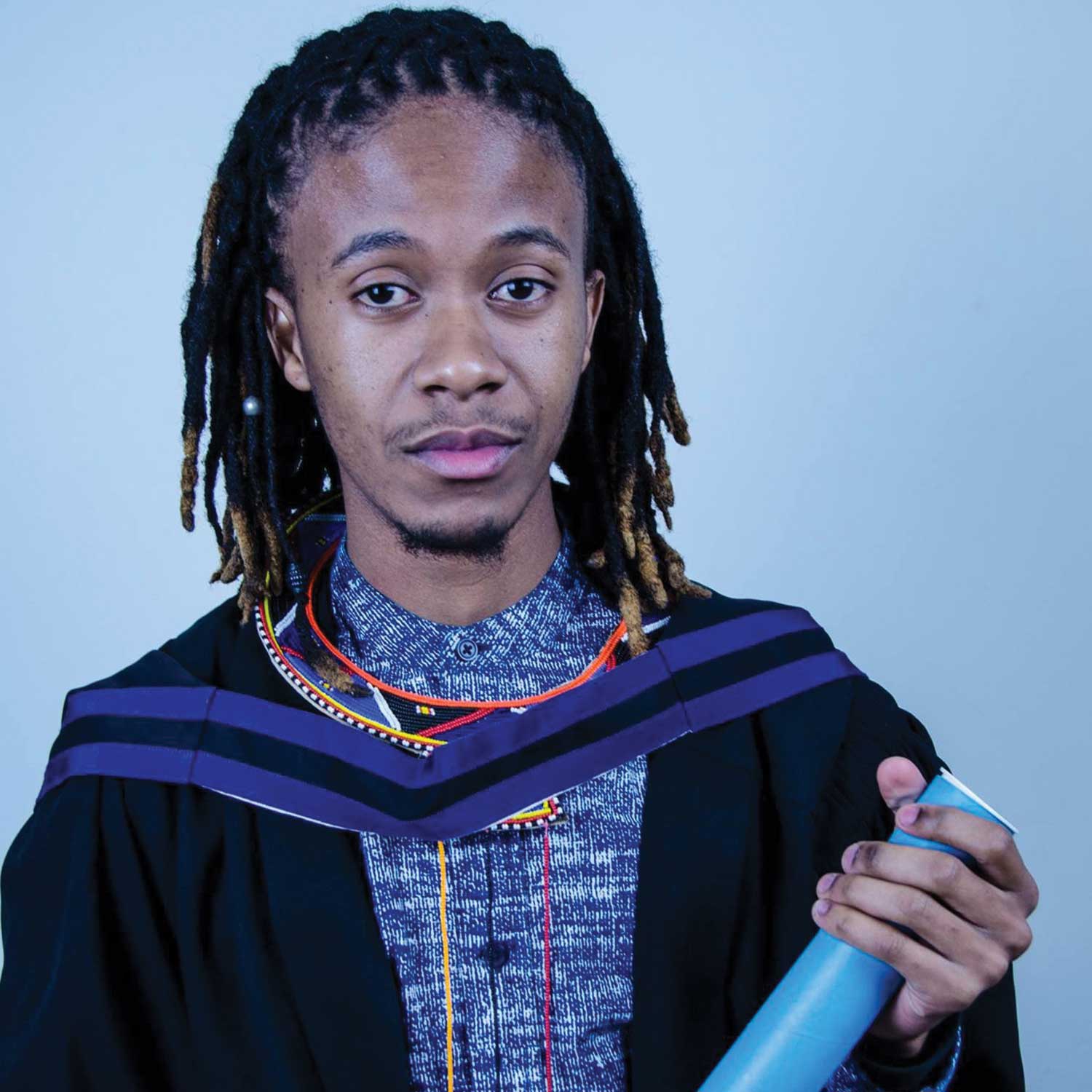
World Merit launched a global challenge in partnership with SIMA Academy to provide World Merit members a platform to inspire, educate, and launch solution based campaigns that raise awareness, mobilize support, and build community around global issues in their own local communities using the transformational power of film.
SIMA Academy created a list of seventeen films and documentaries, each linked to one particular UN Sustainable Development Goal (SDG). For the challenge, members were required to host a screening, organize a panel discussion afterwards, and to log the event on the World Merit Impact App.
“I am a filmmaking graduate who has worked for creating social impact documentaries in the past that have inspired change and changed mindsets. I think that documentaries need to be more mainstream to really make a difference and I think this screening with SIMA is a good first step as films have the power to move, inspire and while informing the audience it also has the power to evoke emotion which is one of the most important tools to drive people to take action.”
— Odwa Ntsika Mtembu
Odwa Ntsika Mtembu is the Founder and President of World Merit South Africa. For the SIMA SDG Challenge, Odwa chose to screen the film Mother Of All Rivers which illustrates how one person can effect extraordinary change. In a country with growing socioeconomic inequality and human rights violations, Mother Of All Rivers follows Berta Cáceres as she rallies her indigenous Lenca people, and wages a grassroots campaign to successfully pressure the world’s largest dam builder to withdraw from building the Agua Zarca Dam. Through the film, Odwa encouraged the audience to connect with Sustainable Development Goal (SDG) Number 6: Ensure availability and sustainable management of water and sanitation for all.
Why did you choose the SIMA Academy film Mother Of All Rivers?
After South Africa was recently hit by the worst drought, service delivery for water and sanitation remains a big issue in many parts of the country. The “top-down” managerial decisions continue to undermine people’s rights to the community, natural resources and power to take charge of environmental services protection. As such, “Mother of all rivers” was the perfect film for us to screen as it covers this topical issue and, importantly, showcased the role women, community and children played during the fight for the protection of their community and river.
This choosing of this film was also quite timely, with South Africa having just concluded Youth Month 2019. As we are approaching “Women’s Month” held throughout August and advocacy in the film is led by a woman, we wanted to shine a light on this. World Merit South Africa is also led by an amazing young woman who champions SDG advocacy. The video was perfect to start the discussions as it showed that what we experience in South Africa is also an issue globally and together. The film also posited that we can succeed despite the threats and hindrances we encounter along the way.
Simultaneously, we are running a Clear River campaign in Cape Town and this film was the perfect resource for us to use in Johannesburg to support the campaign and also advocate for a similar campaign next year in Johannesburg to ensure growth, increased awarenesses and sustainability of the projects around SDG6 within our councils, both local and national.
How did the screening meet your objectives for the overall event?
The screening gave us insights to understand that people have different views on what is critical to them regarding water and sanitation. The film enabled an opportunity to steer debate and engagement around SDG6 linked to social development and socio-economic issues within our communities. Also, the film started high level political and managerial discussions on diversity and inclusivity in leadership in all political tiers and decision making spheres. These things helped us to meet our objectives which were to bring young water professionals and specialist, ‘to the table’ with political policy makers as we partnered with the Department of Water and Sanitation and had a very influential panel including Farai Mubaiwa, Sarah Reeves, Sibusisiwe Majozi, Lindelani Sibiya, Tlalane Letlhaku, Emmanuelle Tshala.
Can you tell us if and how this event changed the audience’s awareness of the subject matter?
The young water professionals are more passionate and eager to occupy managerial positions to change the narrative around water and sanitation. Non-water young professionals got more insight on the subject matter and were able to link this to their line of work and provided general comments on social movements and youth-led initiatives that are changing policy starting with grassroots level work.
Did the event inspire a campaign and/or new relationships between panelists, audience members or organizations?
After the success of the screening and the panel discussion, we are now drafting a policy with the Department for Water and Sanitation (DWS) on issues identified. We are not planning an international youth day, solely focused on advocacy for SDG6 in partnership with DWS for August. Better still, we have been invited to co-host the next Youth Indaba in June 2019, which is an amazing accomplishment that came out of the screening.